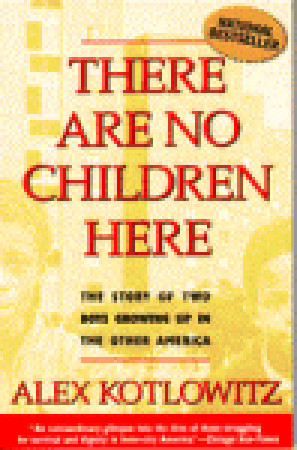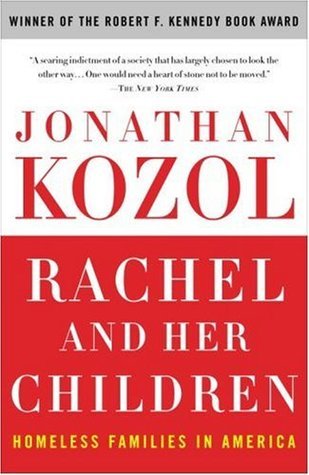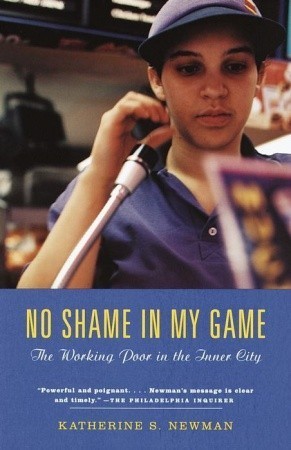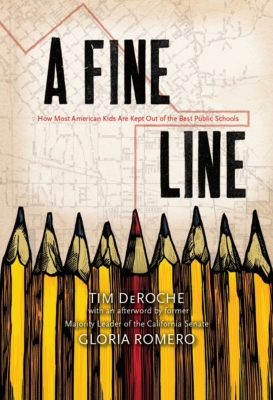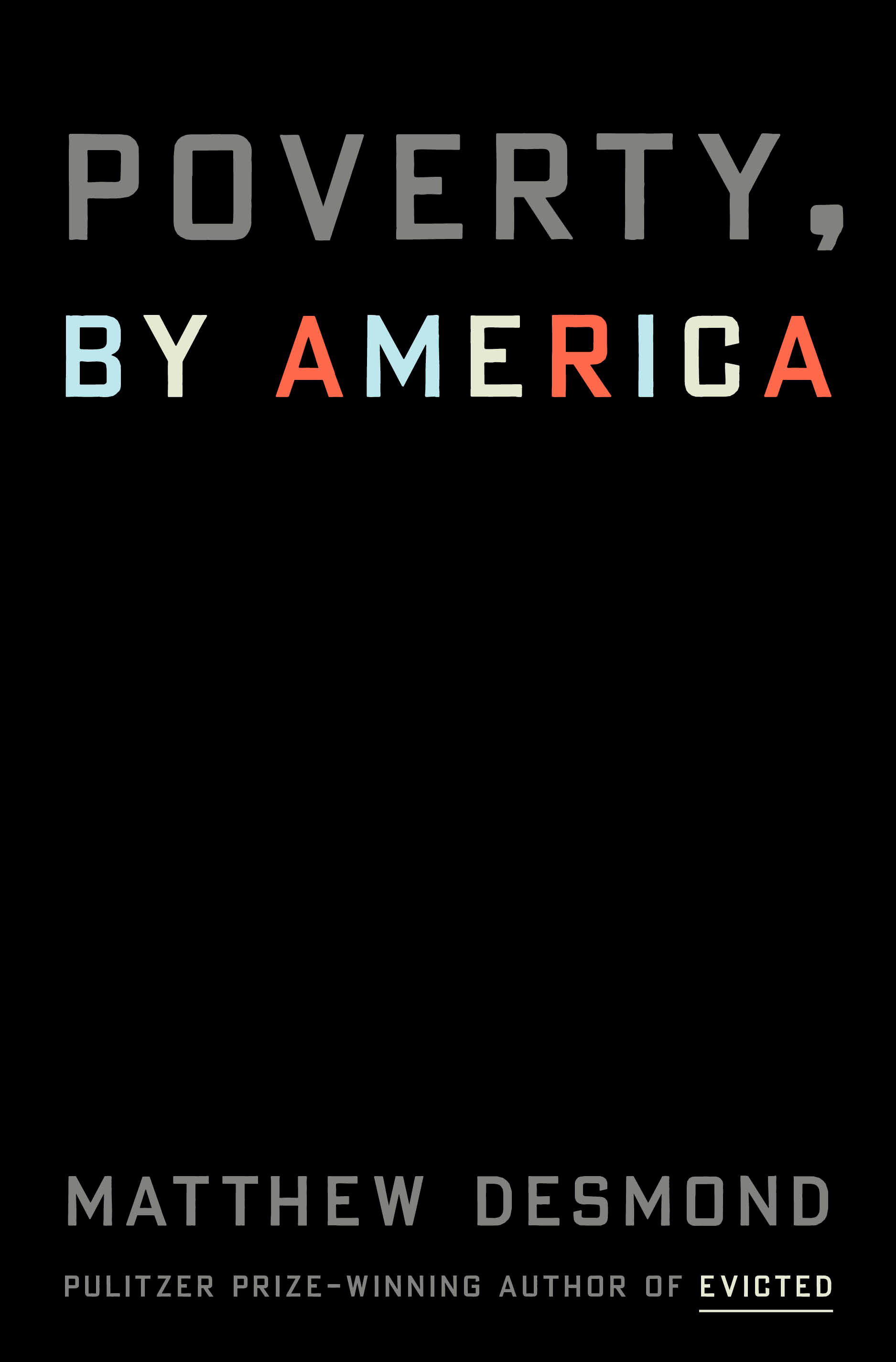
Amazing Grace: The Lives of Children and the Conscience of a Nation
Book Description
Amidst the vivid backdrop of America’s urban landscapes, children fight for their futures in a world riddled with poverty and injustice. "Amazing Grace" unveils the harsh realities faced by these resilient young souls and the heartbreaking struggles that shape their lives. With unflinching honesty, Jonathan Kozol exposes the stark disparities in education, health, and opportunity, challenging the very conscience of a nation that turns a blind eye. Each poignant story ignites a call to action, urging society to confront its moral obligations. How long can a nation ignore the cries of its children before the consequences become unbearable?
Quick Book Summary
Jonathan Kozol's "Amazing Grace: The Lives of Children and the Conscience of a Nation" offers a searing portrayal of life for children and families living in some of New York City’s poorest neighborhoods, particularly the South Bronx. Through personal stories, interviews, and firsthand observations, Kozol reveals the daily hardships faced by these resilient children—poverty, inadequate education, poor health care, violence, and social neglect. The narrative questions the moral indifference of a society that tolerates such inequality. Kozol challenges readers to confront uncomfortable truths about America’s social structure and calls for empathy by amplifying the unheard voices of those living in marginalized communities. The book ultimately serves as both an indictment of systemic injustice and a plea for compassionate reform, urging readers not to look away, but to act.
Summary of Key Ideas
Table of Contents
The Impact of Urban Poverty on Children’s Lives
Kozol immerses himself in the South Bronx, capturing the lived experiences of children and families in one of America's most impoverished urban landscapes. He introduces readers to individuals whose daily realities involve navigating crumbling housing, rampant violence, street-level drug dealing, and a lack of basic public services. Through intimate interviews with children and their parents, Kozol spotlights their fears, dreams, and enduring innocence, emphasizing that poverty is more than just a lack of material resources—it inflicts deep psychological wounds and limits opportunity.
Systemic Inequality in Education and Healthcare
Education emerges as a persistent theme throughout the book. Kozol details overcrowded classrooms, underfunded schools, and teachers who struggle to provide quality instruction with woefully inadequate resources. He contrasts these schools with those in affluent neighborhoods, exposing dramatic disparities that perpetuate cycles of poverty. Healthcare is similarly uneven: children in these communities suffer from high rates of asthma, HIV/AIDS, and lead poisoning—ailments often untreated due to lack of access or indifferent public policy.
Resilience and Hope Amid Hardship
Despite these hardships, Kozol is continually moved by the resilience and hope of the children he meets. Their friendships, humor, and capacity for love in the face of adversity provide moments of inspiration. Faith and family bonds serve as lifelines, offering support amid chaos. The children’s questions about fairness and God expose both the vulnerability and insight of those forced to grapple with injustice from a young age.
Society’s Moral Responsibility and Indifference
Running through the narrative is a sharp critique of societal indifference. Kozol examines the attitudes of policymakers and the general public, documenting a pervasive tendency to rationalize or ignore the extreme suffering that exists just miles from centers of prosperity. He questions how a nation that professes moral values can allow such profound injustice to persist, framing this not only as a policy failure but as a crisis of conscience affecting the soul of the nation itself.
The Need for Compassionate Action
The book closes with a passionate appeal for social justice. Kozol urges readers to reject apathy and demand systemic change—equitable funding for schools, accessible healthcare, and renewed investment in marginalized communities. He contends that meaningful progress requires empathy and moral courage, challenging Americans to recognize the dignity and humanity of every child. "Amazing Grace" remains a call to action, reminding society of its collective responsibility to both witness and remedy suffering.
Download This Summary
Get a free PDF of this summary instantly — no email required.

